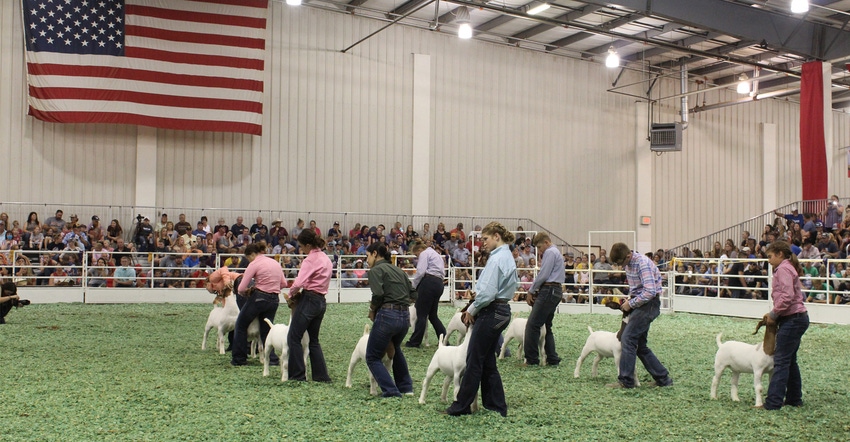September 9, 2022

Food and agriculture businesses are labor-intensive enterprises. Even with modern technology and automation, we still need humans helping us grow, transport, market and manufacture the food, fiber and fuel that keeps our nation going.
Of course, everyone seems to have plans for how we accomplish the training and education of the next generation of employees. But we often forget we have one tool that’s been in place for 120 years — 4-H.
Start young
Now, I’m not proposing that we start 7-year-olds out on their career path with their first official 4-H club meeting. I mean, if I had to stick to my career dreams that I had at 7 years old, I would be a cowgirl princess with a unicorn sidekick with my own show on the Disney Channel.
But you know what I still carry with me 37 years later as an adult from those first years as a 4-H’er? The communication skills I developed through giving talks and demonstrations at club meetings, or in consultative project judging at the fair, or in filling out my 4-H record book. Learning how to compose my thoughts and communicate them to audiences is how I eventually wound up here, writing this column, working for you, our readers.
Skills development
As we look ahead to National 4-H Week, Oct. 2-8, we need to remember that 4-H isn’t just about county fairs and projects. It really is a path to building productive members of our future society. And we can’t take that for granted.
When I was in college, I had many classmates who had no idea what they wanted to do after graduation and had never spent time exploring their skills. But I had already explored several different career paths as a 4-H member through my projects.
Oh, sure, I wasn’t going to be a rancher like my dad, and I wasn’t much of a livestock showman, but I did find animal science fascinating enough to make it my minor. I have 4-H friends who used their geology projects to catapult themselves into hydrogeology and who now help farmers better understand irrigation. Others took their woodworking or welding projects and went into construction and manufacturing in rural businesses.
You see a model rocket project at the fair, but tomorrow that 4-H’er might be working at NASA’s Earth Science division, helping farmers battle drought.
Mentoring and guidance
Good employees need to be open to guidance and constructive criticism, and 4-H builds that for sure.
The 4-H program is designed to pass along the wisdom of one generation to the next through our adult club leaders and project advisors. Sometimes it’s as simple as showing a young person how to sew a 4-H-worthy seam in a quilt. Other times, it can be as meaningful as guiding a child from a path of self-destruction onto a much healthier one.
Former 4-H’ers are employees who don’t fall to pieces during employee training, or with constructive criticism. They’ve sat across from a judge who gave them a red ribbon on their yeast bread, took those notes, and came back the next year with a purple-ribbon fair entry.
They know what it’s like to meet deadlines, to lead meetings and small groups, and to prepare presentations for clients. That’s because they turned in record books and award applications, served as club officers, and were presenting project talks to their fellow club members for years.
Community mindset
Maybe the most undervalued employable trait of a former 4-Her is their community mindset. It’s right there in the 4-H Pledge:
I pledge my head to clearer thinking;
My heart to greater loyalty;
My hands to larger service;
And my health to better living;
For my club, my community, my country and my world.
Employees with a 4-H background understand that everyone should contribute to society in some form — and not because it’s required of them, but because it’s the right thing to do. They’ll be the ones who spearhead your employee committees and coordinate charitable giving in the community. Their service will reflect well on your company.
These former 4-H’ers will excel in your human resources departments, because they have worked with 4-H’ers of diverse backgrounds and have learned how to lead and resolve conflict. They won’t just treat your business as a place of work — they’ll give it heart.
So, the next time you hear someone lament that they “just can’t find good help these days,” ask what they’ve contributed to their local 4-H program. With our help, it can continue to build our future rural workforce.
You May Also Like




